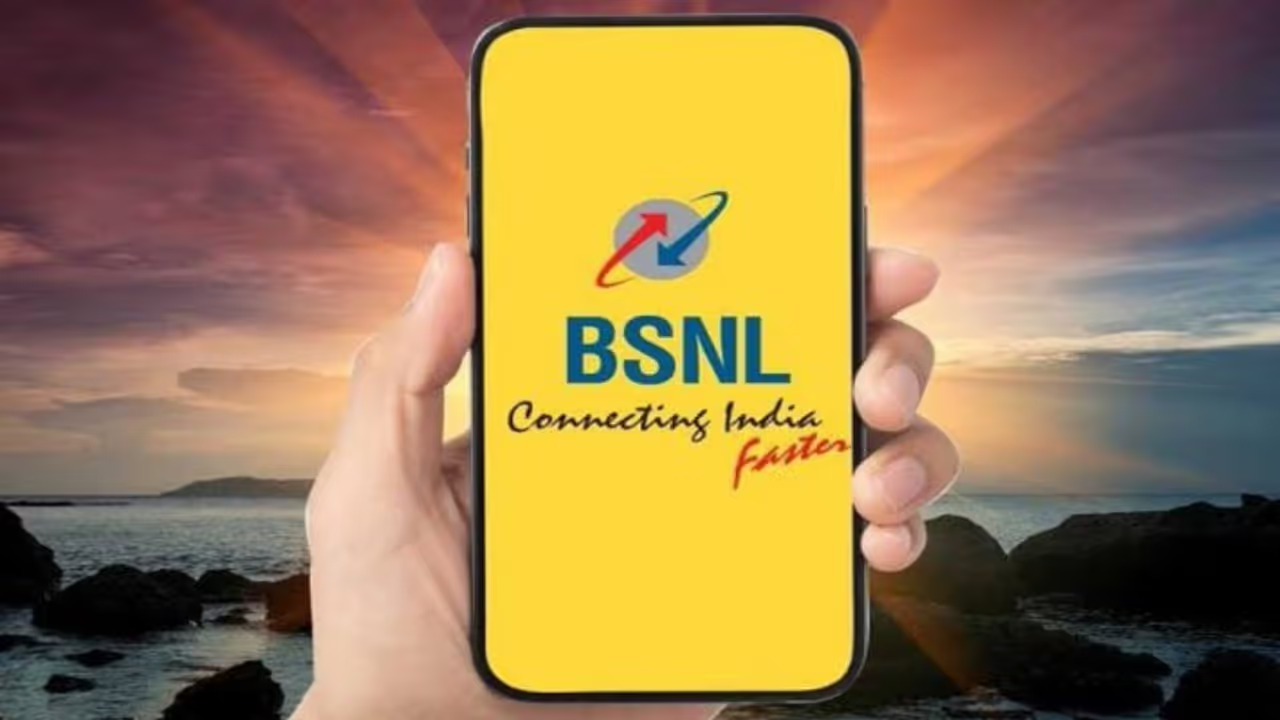A CAG report reveals BSNL failed to bill Reliance Jio for infrastructure sharing, causing a massive loss to the government. Billing errors and MSA non-adherence further compounded BSNL's financial woes.
The government reportedly suffered a loss of Rs 1,757.56 crore as Bharat Sanchar Nigam Limited (BSNL) failed to bill Reliance Jio for 10 years since May 2014 as per their agreement on passive infrastructure sharing. The Comptroller and Auditor General of India (CAG) said last week that the state-owned telecom firm BSNL's invoicing issues caused the government to suffer this large financial loss. According to the news agency PTI, the CAG audit also asserts that BSNL lost an extra Rs 38.36 crore because it failed to deduct the licence fee portion from the money given to telecom infrastructure providers (TIPs).

According to the CAG statement, "BSNL failed to enforce the Master Service Agreement (MSA) with M/s. Reliance Jio Infocomm Ltd (RJIL) and did not bill for the additional technology used on BSNL's shared passive infrastructure, resulting in loss of Rs 1,757.76 crore and penal interest thereon, between May 2014 to March 2024 to the government exchequer."
Also Read | Jio extends FREE IPL streaming offer until April 15, 2025 – Check all details!
Additionally, BSNL's billing errors for passive infrastructure sharing costs were brought to the attention of the CAG. "Non-adherence to the terms and conditions laid down in the MSA with RJIL by BSNL and non-application of the escalation clause resulted in a loss of revenue of Rs 29 crore (including GST) towards infrastructure sharing charges," the statement continued.
Pemmasani Chandra Sekhar, the Minister of State for Telecom, recently informed the Rajya Sabha in writing that BSNL had issued purchase orders for one lakh 4G sites, of which 83,993 had been installed and 74,521 were operational as of March 8. "The revenue of BSNL is impacted due to delay in rollout of 4G services as well as stiff competition in the mobile segment," stated the minister.
Also Read | Telecom secrets: Why your recharge plan lasts 28 days instead of a month
